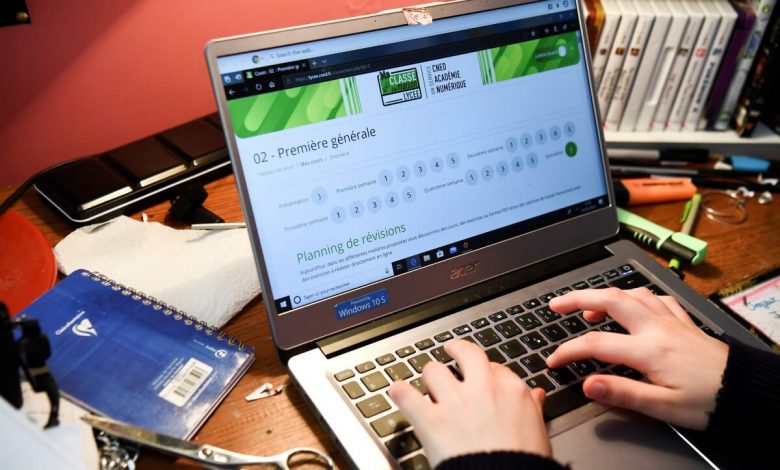Despite COVID-19 uncertainty, students still keen to get a degree from abroad
By Study International Staff

A new white paper by QS, The Impact of the Coronavirus on Global Higher Education, shows that a significant chunk of international students are not giving up on their plans to get a degree from abroad despite current lockdowns and travel bans.
Data was collected from approximately 11,000 respondents via a survey of prospective international students in mid-February. Each week, the researchers examined how the responses shifted as the health pandemic escalated.
The week of 13-19th March – when countries started seriously implementing lockdown and social distancing measures – showed “the biggest dip in those respondents who said their study plans hadn’t been impacted and the biggest rise in those who said they had”.
The survey also found that it was at this point where a greater number of students faced growing uncertainty about their plans to study abroad.
When asked why the coronavirus had impacted their plans to study abroad, many cite concerns such as “travel restrictions; university closures; flight cancellations; difficulties with obtaining scholarship interviews, visa applications, or language tests; exam cancellations or postponements; and health concerns,” according to the report.
This shows that most international students are feeling fearful and concerned (understandably) about their futures and uncertain if they should continue with their plans to study abroad.
Get a degree from abroad … but how?
Pushing online learning is one way to still let international students get a degree from abroad. Source: Alain Jocard/AFP
So how can universities attract international students during this period of uncertainty and travel bans?
As the crisis went on, a question was added to the survey about “whether prospective international students would be interested in studying their degree online due to the coronavirus”.
More than half (58 percent) of prospective international students “expressed some interest in studying their degree online due to coronavirus restrictions,” while another 42 percent stated that they had no interest in studying online.
One of the student responses collected by QS was, “COVID-19 has spread across the globe and so the airlines have stopped the incoming and outgoing of passengers of all countries. My family is now scared to send anyone anywhere, be it a foreign nation or just a trip to the grocery store! I’m now sticking to online study platforms for my studies.”
Therefore, it is imperative that universities transition to online learning and allow accommodations for international students to continue their studies from wherever they are.
An administrator and functional manager in China told QS, “Higher education institutions are quite vulnerable in the face of such a crisis like the coronavirus, as most universities are big community groups that once affected will lead to great spreading.”
“However, with the support of the Internet and related technologies, it gives universities a chance to reconsider how to actively use technology to develop their courses via online methods.”
What else can universities do to help students get a degree?
Universities need to be aware of concerns that international students have and strive to address them. Source: Amanda Andrade-Rhoades/AFP
Since the majority of international students have pressing concerns amidst COVID-19 uncertainty, universities should recognise them and try their best to put them at ease by providing answers to their burning questions.
QS stated in the report that universities should also strive to be more flexible when it comes to application deadlines and funding, given the circumstances.
Umberto, a fifth-year medical student at the University of Bologna, told QS, “I think that universities need to keep communication open with the students and give them adequate advice and reassurance during this difficult time.
“I also think they have a duty to share important scientific information with faculty and students, who
in turn can inform their families. The real solution to this virus is behavioural change and schools need to educate people as much as possible.”
QS also surveyed institutions for this report and found that some are considering diversifying into different markets to expand their recruitment activities.
These include Brazil, Colombia, France,India, Indonesia, Kenya, Malaysia, Mexico, Pakistan, Philippines, the Republic of Korea, Saudi Arabia, South Africa, Thailand, Turkey, United Arab Emirates, and Vietnam.






